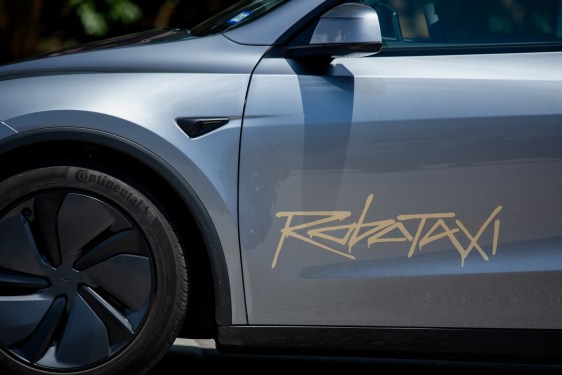Tesla has inquired about acquiring permits to operate a ride-hailing service at the San Francisco, San Jose, and Oakland airports. The company appears to have contacted each airport around the same time it launched a new charter service in California in late July.
Representatives from the San Francisco and Oakland airports confirmed they had been contacted but had not yet met with Tesla. A spokesperson for the San Jose airport confirmed that while no formal application had been filed, Tesla had asked about the permit process.
Tesla currently lacks the proper permits to run a full ride-hail service, or a robotaxi network, in California. It is instead operating a more limited charter service. These rides are not supposed to involve autonomous vehicle operations. However, videos from the service have shown drivers using Tesla’s Full Self-Driving (Supervised) software, which is an advanced driver assistance system that requires the driver to remain attentive.
To launch a larger ride-hail service in California, Tesla will need a permit from the California Public Utilities Commission. If the service uses autonomous vehicles, the company will also require permits from the Department of Motor Vehicles. The California DMV is currently attempting to stop Tesla from selling vehicles in the state, arguing the company has made overly aggressive promises about its cars’ self-driving capabilities.
Airports are often selective about allowing new transportation services. A decade ago, they were a major battleground for Uber and Lyft as those companies challenged traditional taxis. In recent years, airports have become a key target for new autonomous vehicle services.
Waymo has been offering rides to and from Phoenix’s Sky Harbor International Airport for roughly two years and recently received permission to do the same at the San Jose airport, with rides starting later this year after testing is complete. Airports represent a significant business opportunity; Waymo notes the Phoenix airport is its most popular destination in the city.
Tesla began testing an invite-only robotaxi network in Austin, Texas, with around a dozen cars. It has since expanded the service area to cover much of the greater Austin region, though the company appears to still only have about 20 to 30 cars in operation and has moved the safety monitor into the driver’s seat.
Texas does not require the same level of transparency as California for autonomous vehicle testing, making it difficult to assess the program’s performance. While there have been a number of documented problems, no major crashes or other serious incidents have been reported.

